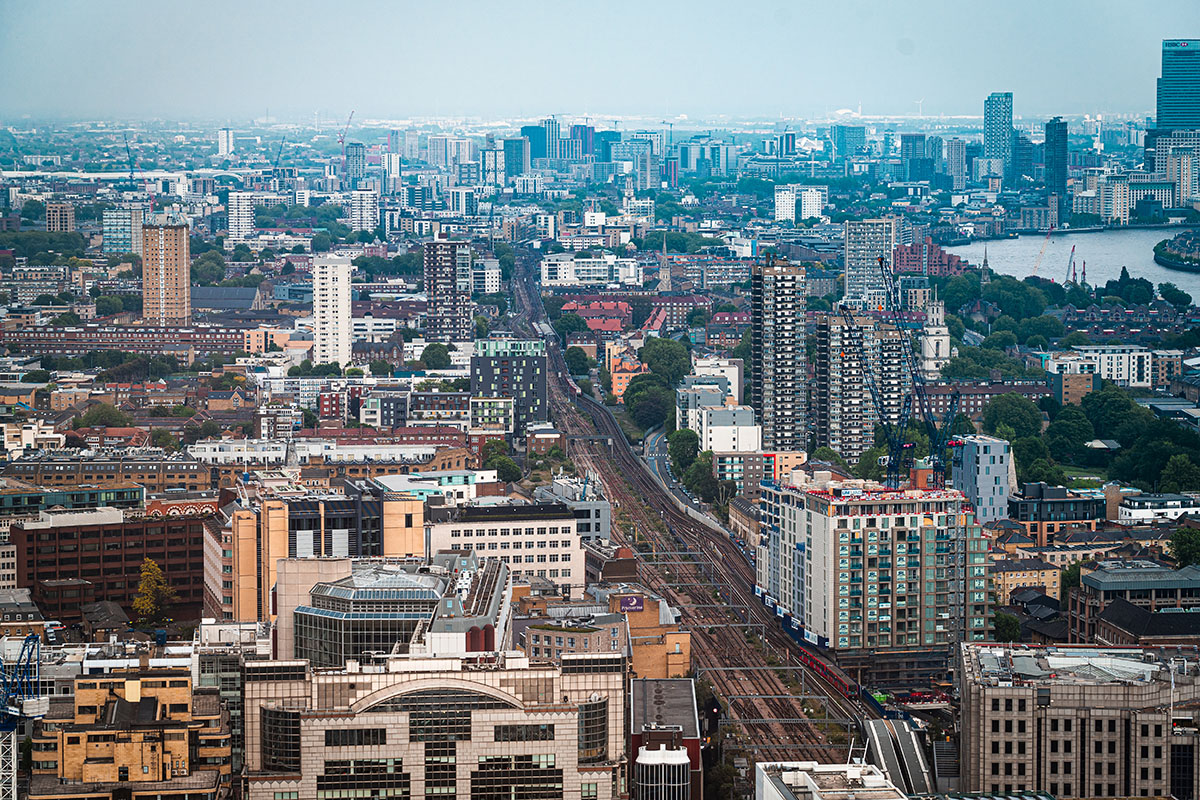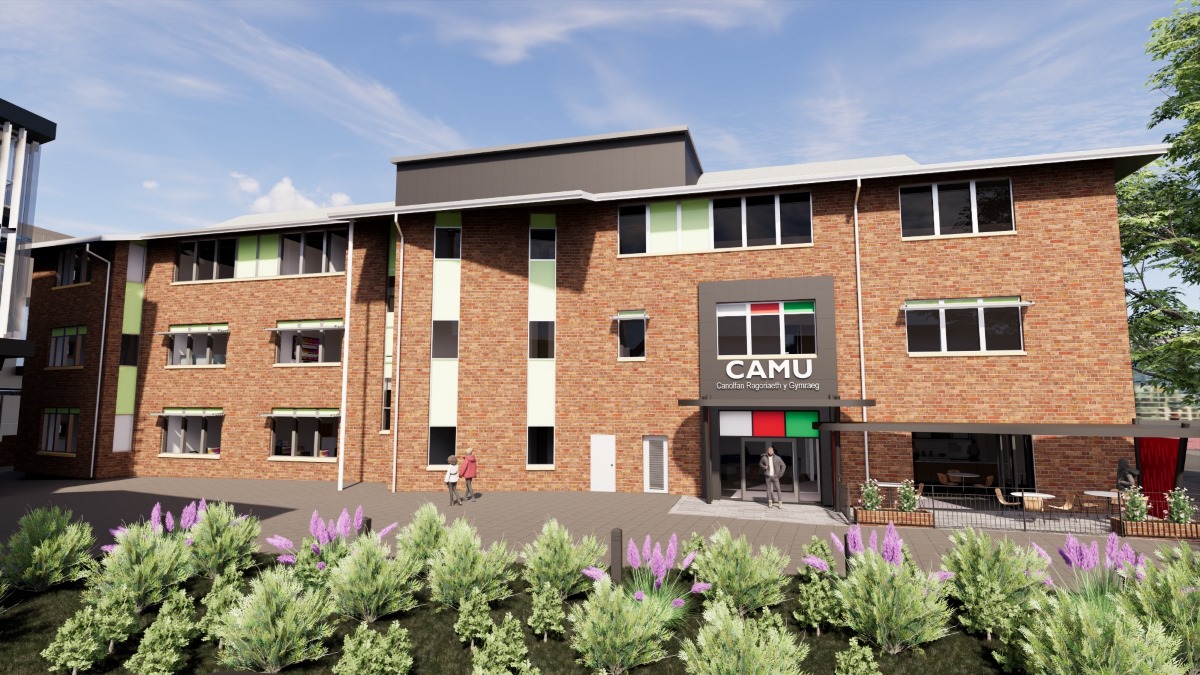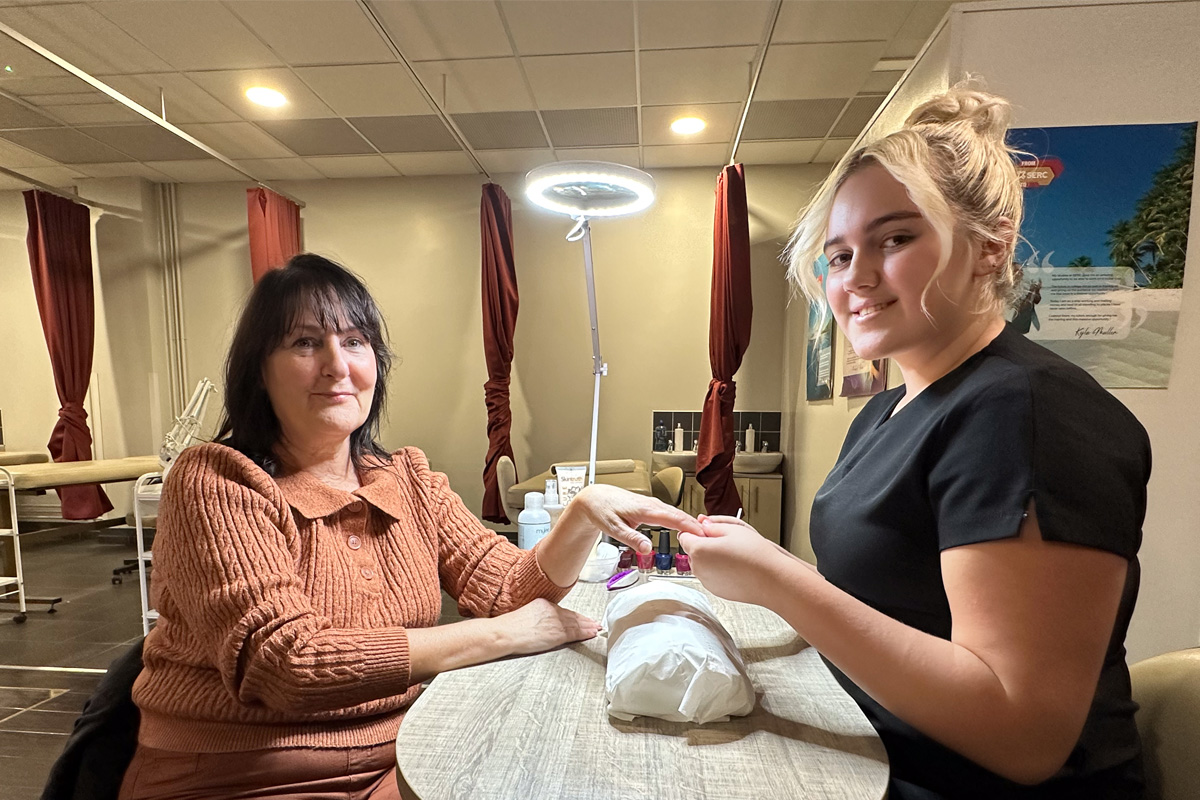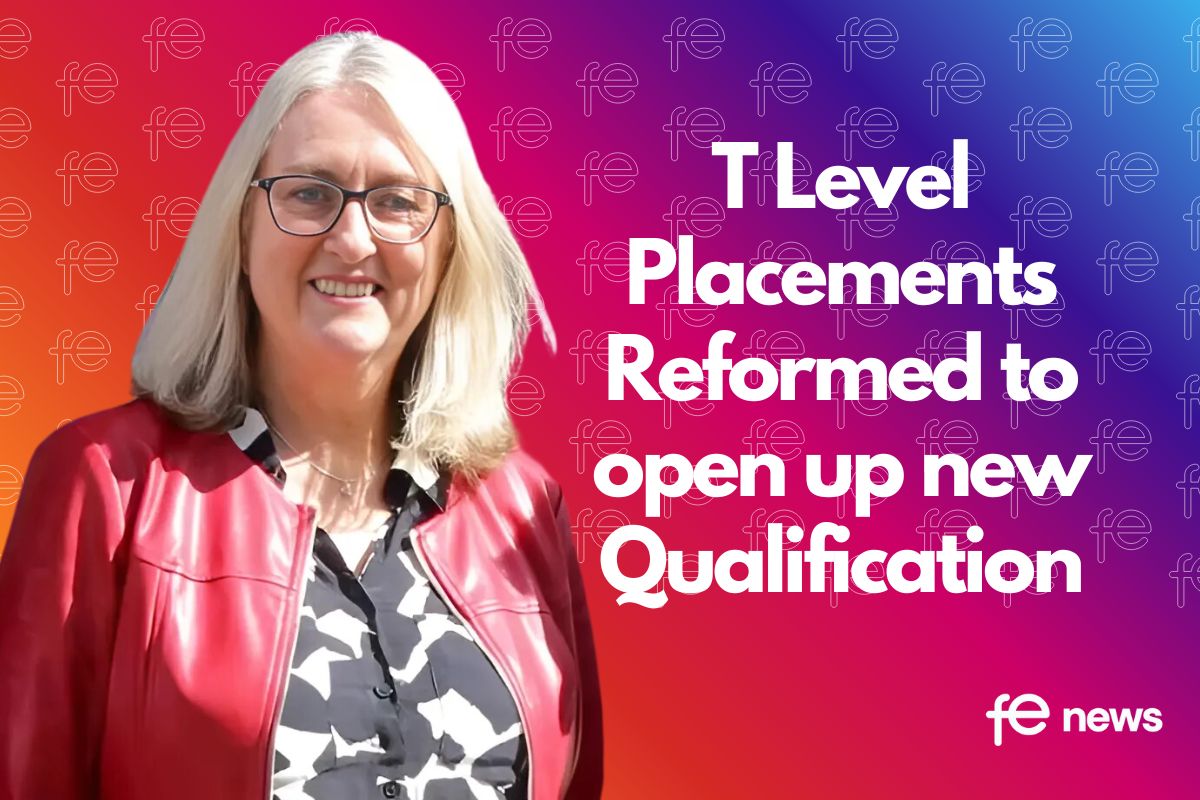New poll suggests inequalities leave many East Londoners feeling ‘locked out’ of careers in the Professions

A new poll commissioned by Queen Mary University of London, in association with the Mile End Institute, and fielded by Savanta, from 30th October to 12th November (based on a sample of 502 adults living in East London, who were surveyed online), suggests that although many East Londoners view a career in the professions as desirable, they see inequalities in how able they are to pursue this option.
Some 40 per cent of East Londoners think that young people entering the job market today would be interested in undertaking a career in the professions (defined here as well-paid occupations that lead to secure careers, especially ones that involve prolonged training and a formal qualification e.g., careers in healthcare, finance, IT and technology and the legal sector).
There is a clear consensus among East Londoners that the advantages of pursuing a career in the professions centre on income. 57 per cent of East Londoners said the main benefit of pursuing a career in the professions was either the salary (34 per cent) or the income security (23 per cent) associated with this.
Though most East Londoners (71 per cent) believe a career in the professions is a realistic aspiration for young people today, many feel there are clear inequalities in access to these kinds of careers. 38 per cent believe it would be challenging to access a career in the professions if you were from an ethnic minority background. 38 per cent said the same of a working-class background and 31 per cent of a religious minority background. Additionally, a third (33 per cent) of East Londoners felt it would be challenging to access a career in the professions if you did not already have family or friends working in the professions. This suggests that many East Londoners may feel ‘locked out’ of access to careers in the professions.
When asked what the main barrier to pursuing a career in the professions was, the three most popular options selected by East Londoners were, the affordability of study or training (selected by 30 per cent), the lack of jobs available in the professions (selected by 20 per cent) and the time required to study and train for these kinds of jobs (selected by 16 per cent).
Dr Elizabeth Simon, Postdoctoral Researcher in British Politics at Queen Mary University of London, said: “While it is clear that many people living in East London feel that careers in the professions are desirable, particularly in terms of the financial position they afford, they also feel that there are clear barriers to accessing employment in this area. This is due to social and racial prejudice, and the financial and time commitments associated with undertaking the study and training required to pursue careers in the professions. This new polling implies that many East Londoners may feel ‘locked out’ of access to careers in the professions, and the opportunities for social mobility they offer.”
It is unsurprising then, that 85 per cent of East Londoners said they would like to see more diverse study and training routes into the professions being offered. Of those East Londoners who wanted more diverse study and training routes into the professions to be offered:
– 46 per cent said they wanted this to be delivered through on the job training
– 38 per cent said they wanted this to be taught by universities and further education and alternative training institutions in partnership with one another
– 37 per cent said they wanted this to be taught in places of employment
– 37 per cent said they wanted this to be delivered through employers
– 36 per cent said they wanted this to be delivered via flexible study options
Moreover, when asked to assume that access to a particular career path could be secured either by obtaining a university degree or completing an apprenticeship, and that both kinds of entry route were equally accessible, 53 per cent of East Londoners said the apprenticeship route would be more attractive to them, compared to 38 per cent who selected the university route. This suggests that apprenticeships could be a more popular study and training route for East Londoners, than university study.
Dr Elizabeth Simon, Postdoctoral Researcher in British Politics at Queen Mary University of London, said: “Our polling indicates that there is a clear appetite among people living in East London for changes in education and skills-training provision and policy that are designed to offer a more diverse array of routes into the professions”.
Note on methodology: Savanta interviewed 502 East Londoners aged 18+ online between 30th October and 12th November 2024. East London is defined as those living in Barking and Dagenham, Bexley, Greenwich, Hackney, Havering, Lewisham, Newham, Redbridge, Tower Hamlets, or Waltham Forest. Data were weighted to be representative of adults in East London by age, gender, ethnicity, and region. Savanta is a member of the British Polling Council and abides by its rules.











Responses